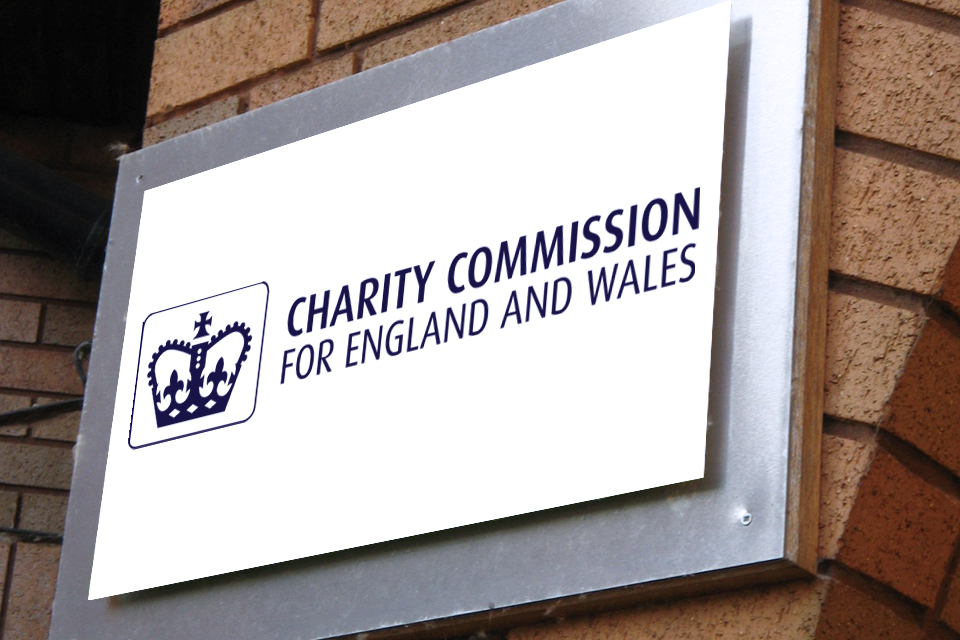At a time when many charities carry trustee vacancies on their boards, trustees are overwhelmingly likely to recommend trusteeship to others. 8 in 10 trustees say they are likely or very likely to recommend the role [1].
These early findings emerge from in-depth research into trusteeship, conducted as part of a collaborative project between the regulator and PBE, which aims to better understand who trustees are and what skills they bring to the role.
These findings coincide with Trustees’ Week, an annual celebration of the achievements of almost 1 million trustees across the UK, recognising the time, commitment and effort they bring to lead and manage their charities.
Today is ‘inspiring new trustees day’ when the Commission and its partners are encouraging more people to consider becoming trustees. Trusteeship offers a unique way for people to bring their passions to life, make a difference to a cause they care about and develop new skills. Social media activity brings the benefits of trusteeship to life, including videos of current trustees explaining what they gain from their roles and myth-busting common barriers.
Speaking at a Trustees’ Week event organised by the accountancy and business advisory firm BDO later today, Charity Commission chief executive David Holdsworth, will say
“Trustees are a driving force in charities whose work is often unseen, taking place behind-the-scenes of charities’ front-line work. Trustees’ Week gives us a welcome opportunity, once a year, to bring their work into the limelight, to celebrate and thank trustees for the contribution they make, and support and encourage more people to step up and take on the rewarding role.
“These early findings offer us some confidence that while trusteeship is no doubt demanding and can be challenging, most of those who serve as trustees do so, at least in part, because they too benefit. To all who are not already trustees – please consider volunteering today.”
Speaking in support of Trustees’ Week, BBC broadcaster Reeta Chakrabarti, a trustee of two charities, gave advice to prospective trustees
“Think about your own interests and values, and make sure that they align with those of the charity. Be aware that being a trustee is a legal responsibility and that you need to commit time to the job. But also remember that it is hugely rewarding.”
Highlighting the benefits of being a trustee, Chakrabarti adds
“Being a trustee gives me an insight into worlds that I am fascinated by, and gives me an opportunity to learn more about them and also to influence – to a certain degree – the direction the charity takes.”
Matt Whittaker, CEO of Pro Bono Economics, said
“Trusteeship isn’t just about giving back; it’s about gaining, too. This early snippet from PBE’s research reaffirms that being a trustee not only connects people to causes and communities they care deeply about, but people feel that it also sharpens their skills. That 80% of trustees recommend the role speaks volumes. We’re looking forward to releasing the full data set and analysis soon.”
Research participants also reported that
- one of the major benefits of their roles in a charity is that it allows them to use existing skills in a new context (66%)
- trusteeship helps them more connected to their local community or to a movement that’s important to them (65%)
Only 2% of those asked say that trusteeship offers no benefit to them and less than 1% would not recommend taking on a trusteeship to others.
The full data set with analysis is expected to be published early in 2025.
To find out more about volunteering as a trustee, and where to find trustee opportunities, visit the Trustees Week website.
ENDS
Notes to editors
[1] When asked how likely they were to recommend being a trustee to others, on a scale of 1-10, 80% answered 7 or above. 28% answered 10 and only 1% said 0, not at all likely. Those who had been on the board for longer were more likely to recommend being a trustee. 83% of those who had been on the board for 6-10 years, compared to 77% of those who had been for a year, responded 7 or above.
The Charity Commission is the independent, non-ministerial government department that registers and regulates charities in England and Wales. Its ambition is to be an expert regulator that is fair, balanced, and independent so that charity can thrive. This ambition will help to create and sustain an environment where charities further build public trust and ultimately fulfil their essential role in enhancing lives and strengthening society.
Pro Bono Economics (PBE) uses economic analysis and the unique insight provided by our connection to the social sector to help charities, funders, firms and policymakers to collectively tackle the causes and consequences of low personal wellbeing in the UK. It does this in order to end low personal wellbeing in the United Kingdom. Experts and economists at PBE work on a wide range of issues related to low wellbeing, including mental health, education, employment, financial security, poverty, disability, inequality, volunteering and civil society. PBE works closely with the economics profession to achieve its aims, building relationships between over 500 economist volunteers and supporting over 600 charities and social purpose organisations since 2010.

